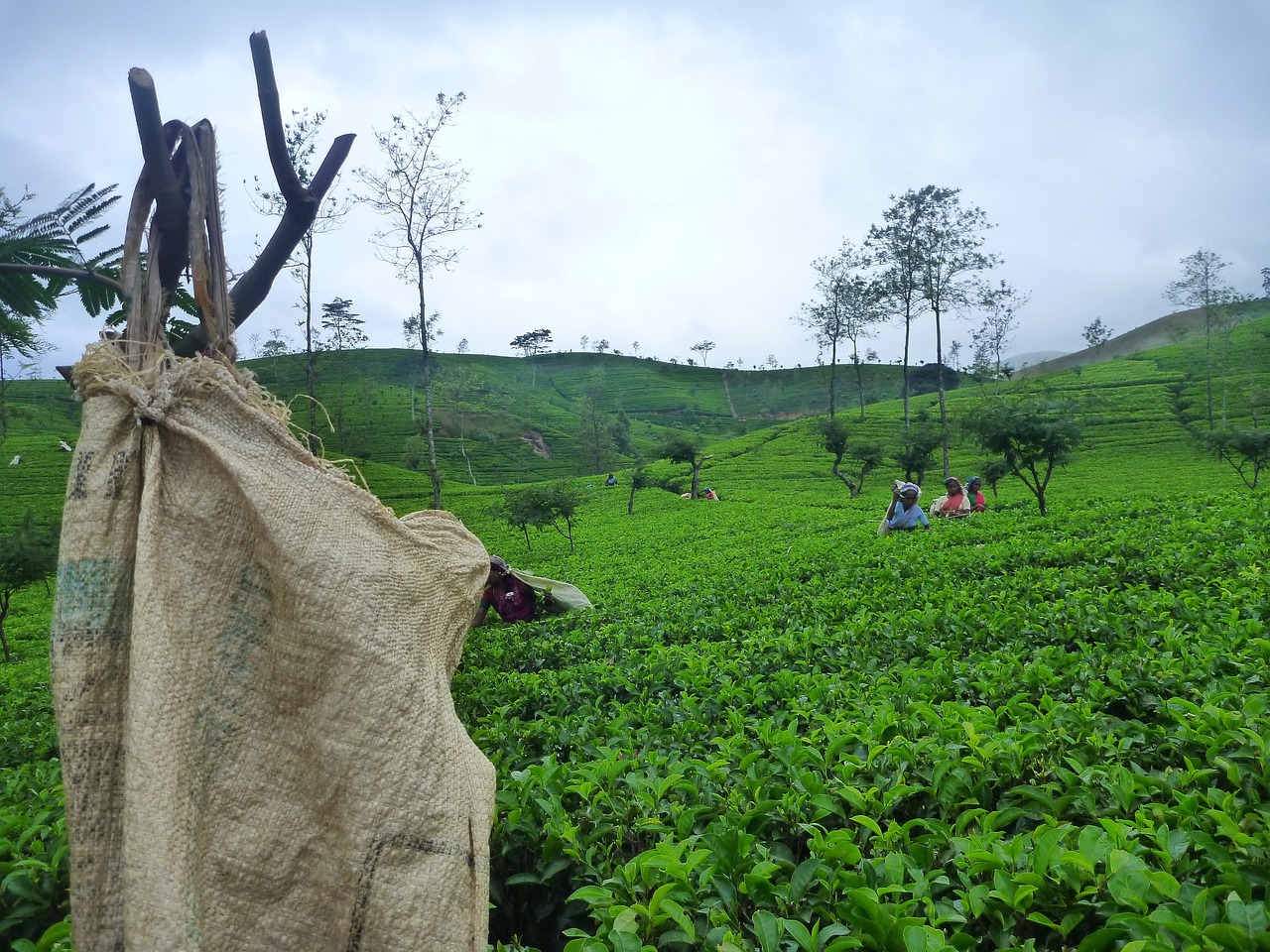Sri Lanka Video
Navigating Local Taxes and Business Regulations in Sri Lanka
Sri Lanka, known for its rich culture and breathtaking landscapes, is also a country with a complex tax and regulatory system. For entrepreneurs and businesses operating in Sri Lanka, understanding and navigating the local tax and business regulations is crucial for compliance and successful operations. This article provides a comprehensive guide to help you understand the various taxes and regulations applicable in Sri Lanka.
1. Corporate Income Tax:
- Tax Rate: The standard corporate income tax rate in Sri Lanka is 28%. However, certain sectors such as tourism and agriculture may enjoy lower tax rates.
- Taxable Income: Corporate income tax is levied on the net taxable income of a company, which is calculated by deducting allowable expenses from the gross income.
- Tax Filing: Companies are required to file their tax returns within three months from the end of their financial year.
- Double Taxation Agreements: Sri Lanka has entered into double taxation agreements with several countries to avoid the double taxation of income.
2. Value Added Tax (VAT):
- Tax Rate: The standard VAT rate in Sri Lanka is 15%. However, certain goods and services may be exempted or subject to reduced rates.
- VAT Registration: Businesses with an annual turnover exceeding LKR 3 million (approximately USD 15,000) are required to register for VAT.
- VAT Returns: Registered businesses must file VAT returns on a monthly or quarterly basis, depending on their turnover.
- Input Tax Credit: Registered businesses can claim input tax credits for VAT paid on their purchases and expenses.
3. Pay As You Earn (PAYE) Tax:
- Tax Rate: PAYE tax is levied on employment income at progressive rates ranging from 6% to 24%.
- Tax Deduction: Employers are required to deduct PAYE tax from their employees’ salaries and remit it to the tax authorities.
- Tax Filing: Employers must file monthly PAYE tax returns and provide employees with annual tax certificates.
- Tax Exemptions: Certain employment income, such as income derived by expatriates under specific schemes, may enjoy tax exemptions or reduced rates.
4. Customs Duties:
- Tax Rates: Customs duties in Sri Lanka vary depending on the type of goods imported, ranging from 0% to 30%.
- Import Documentation: Importers must provide necessary documentation, including invoices, bills of lading, and customs declarations, for customs clearance.
- Customs Valuation: Customs duties are generally calculated based on the transaction value of the imported goods, including the cost, insurance, and freight.
- Customs Procedures: Sri Lanka has implemented an electronic customs clearance system known as “Asycuda World” to streamline import and export processes.
5. Business Registration:
- Registrar of Companies: All businesses operating in Sri Lanka must be registered with the Registrar of Companies under the Companies Act.
- Business Name: Businesses should choose a unique and distinctive name for registration, avoiding generic labels.
- Registration Documents: The registration process requires submission of the company’s constitution, director details, and the company’s registered office address.
- Annual Returns: Registered companies must file annual returns with the Registrar of Companies, providing updated information about the company’s activities and financials.
6. Environmental Regulations:
- Environmental Impact Assessment (EIA): Certain projects with potential environmental impact require an EIA to obtain necessary approvals.
- Waste Management: Businesses must comply with waste management regulations, including proper disposal and treatment of hazardous waste.
- Environmental Permits: Some industries, such as manufacturing and construction, may require environmental permits to operate.
- Renewable Energy: Sri Lanka promotes renewable energy projects and offers incentives for businesses investing in renewable energy sources.
7. Employment Regulations:
- Employment Contracts: Employers are required to have written employment contracts with their employees, specifying terms and conditions of employment.
- Working Hours: The standard working week in Sri Lanka is 45 hours, with provisions for overtime pay.
- Annual Leave: Employees are entitled to annual leave, sick leave, and maternity leave as per the country’s labor laws.
- Termination: Termination of employment must be done following proper procedures outlined in the labor laws.
Sri Lanka Image 1:

8. Intellectual Property Rights:
- Trademarks: Businesses should register their trademarks to protect their brand identity and prevent unauthorized use.
- Patents and Copyrights: Sri Lanka has laws in place to protect inventions, designs, and creative works through patents and copyrights.
- Enforcement: The National Intellectual Property Office of Sri Lanka is responsible for enforcing intellectual property rights and handling disputes.
- International Treaties: Sri Lanka is a signatory to international agreements such as the Paris Convention and the Berne Convention for the Protection of Literary and Artistic Works.
9. Banking and Financial Regulations:
- Central Bank of Sri Lanka: The Central Bank regulates and supervises the banking and financial sector in Sri Lanka.
- Foreign Exchange Control: Businesses must comply with the country’s foreign exchange control regulations when conducting international transactions.
- Financial Reporting: Companies are required to prepare and submit financial statements in accordance with the Sri Lanka Accounting Standards.
- Anti-Money Laundering (AML): Sri Lanka has implemented AML regulations to prevent money laundering and terrorist financing.
Sri Lanka Image 2:

10. Tax Incentives and Investment Promotion:
- Board of Investment (BOI): The BOI offers various tax incentives and benefits to encourage foreign direct investment in Sri Lanka.
- Free Trade Agreements: Sri Lanka has signed free trade agreements with multiple countries, providing preferential access to certain markets.
- Special Economic Zones (SEZs): SEZs offer additional incentives and streamlined processes for businesses operating within their boundaries.
- Research and Development (R&D) Incentives: Sri Lanka provides tax incentives for businesses engaged in R&D activities.
11. Consumer Protection:
- Consumer Affairs Authority (CAA): The CAA is responsible for protecting consumer rights and regulating unfair trade practices.
- Product Standards: Businesses must comply with product quality and safety standards set by the relevant regulatory authorities.
- Price Control: Certain essential goods may be subject to price controls to ensure affordability for consumers.
- Redress Mechanisms: Consumers have the right to seek redress for faulty products or unfair trade practices through established complaint mechanisms.
Sri Lanka Image 3:

12. References:
- Department of Inland Revenue – www.ird.gov.lk
- Department of Excise – www.excise.gov.lk
- Registrar of Companies – www.drc.gov.lk
- Central Bank of Sri Lanka – www.cbsl.gov.lk
- Board of Investment – www.investsrilanka.com
- Consumer Affairs Authority – www.caa.lk
This comprehensive guide provides an overview of the various taxes and business regulations in Sri Lanka. It is important to consult with professional advisors and relevant government authorities to ensure compliance with the specific requirements applicable to your business. By understanding and navigating the local tax and regulatory landscape, businesses can operate smoothly and contribute to the growth of Sri Lanka’s economy.


